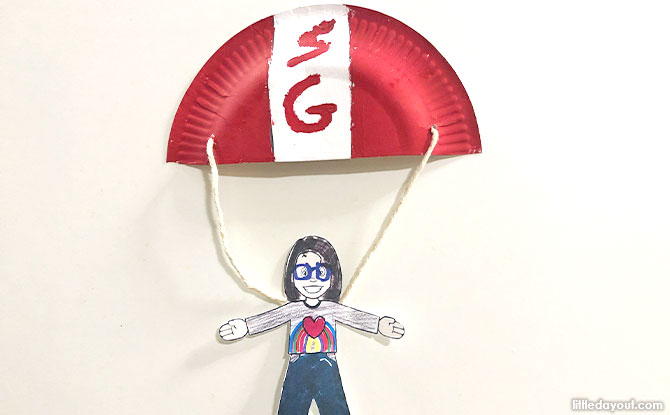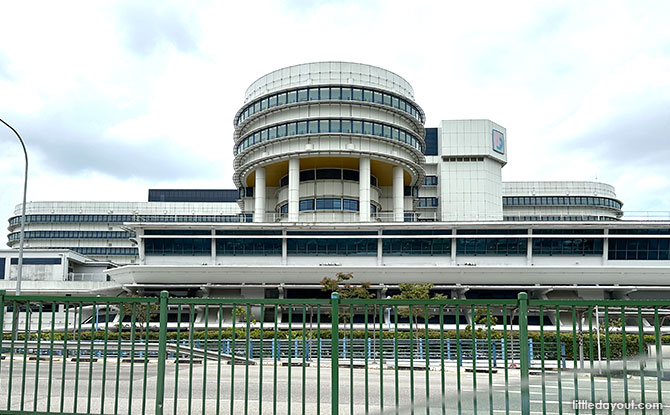
What’s your parenting style? Two common parenting styles are Authoritarian Parenting and Permissive Parenting. In an Asian society, many of us were probably brought up with Authoritarian parents hence some swing to one end of the parenting spectrum or the other.
What are the main characteristics and differences between Authoritative Parenting and Permissive Parenting?
What is Authoritarian Parenting?
If you identify with a more top-down, controlling type of parenting style, you could be an Authoritarian parent. Compliance and obedience is expected. Submitting to authority or parents is a given, no questioning of the authority is allowed.
Authoritarian parents also tend to be stricter and may use corporal punishments as a consequence for misbehaviour.
BE PSLE-READY: Join Expert Educators for Revision Boosters to Empower P6 Students
BURP: Join the Sound Collector on a Whimsical Chase at Esplanade – Theatres on the Bay
WEEKEND IDEAS: Get Inspirational Ideas of Things to Do
A common trait is also a push to excel in the area of academics, music and other skills. Some have also defined overparenting as such.
Tiger parents are usually Authoritarian parents.
What is Permissive Parenting?
On the other end of the spectrum is Permissive Parenting. Parents who practise Permissive parenting are more lenient and try to avoid any tension or conflicts in the parent-child relationship.
One of the characteristics of Permissive Parenting is a more democratic approach which allows children to make their own decisions. Rather than the stick, carrots are used to encourage good behaviour.
Consequences of Both Styles of Parenting
Both Authoritarian Parenting and Permissive Parenting have strengths and weaknesses. Neither is ideal to meet the socio-emotional needs of the child.
While Authoritarian parents have more control over their child, there could be issues with more anxiety and low self-esteem due to the high standards and punishing consequences of not complying. Children may lack decision-making skills and become defiant later on.
On the other hand, the lassiez faire tendencies of permissive parents mean a lack of boundaries and structure of children. Without guidance or any structure, there could be a lack of self-discipline.
Since children are often not held accountable for their actions, they might also lack a sense of ownership and responsibility for mistakes made.
A Parenting Style That’s A Balance Of Both – Firm Yet Kind & Respectful

Since neither authoritative parenting nor permissive parenting is perfect, what about a parenting style that is a balance of both?
We can encourage the child to listen by being firm yet kind and respectful. Without resorting to threats, bribes or emotional manipulation, we can raise children with patience, reason and firmness.
Many experts would agree that the best parenting style balances being firm, having some structure, discipline as well as kindness.
That said, we should also adapt our styles according to our child. The same methods may not always work with each sibling. We should be more intentional in understanding ourselves, our children and be consistent with a parenting style that’s suitable.
Let’s Work on Self-Awareness and Our Weaknesses
Being imperfect parents, we always have areas of improvement. The way we were raised usually define our parenting styles, but we can always pick the strengths and work on the weaknesses.
In that way, we can raise our children in the best possible ways with more awareness about ourselves and our child.





















